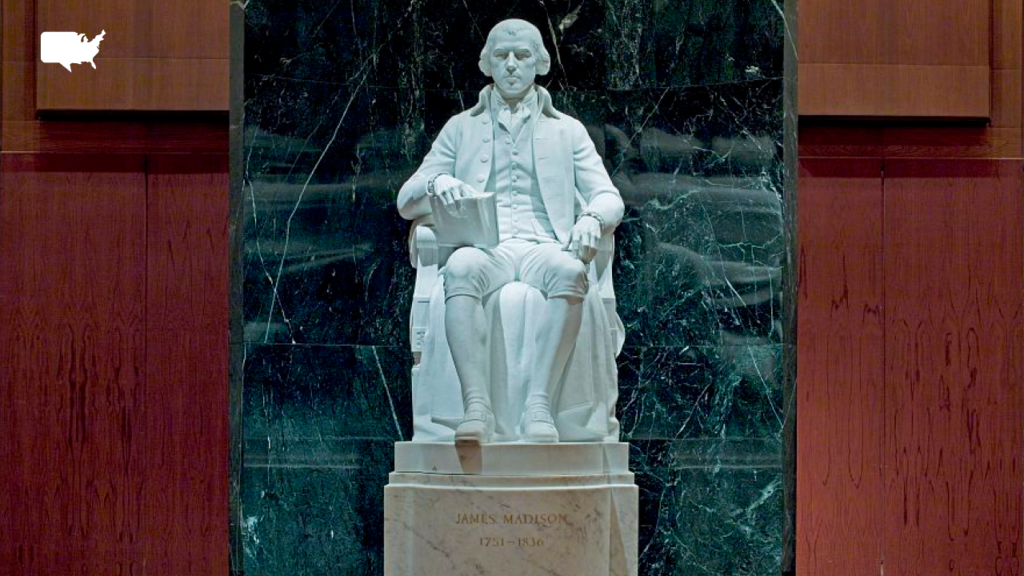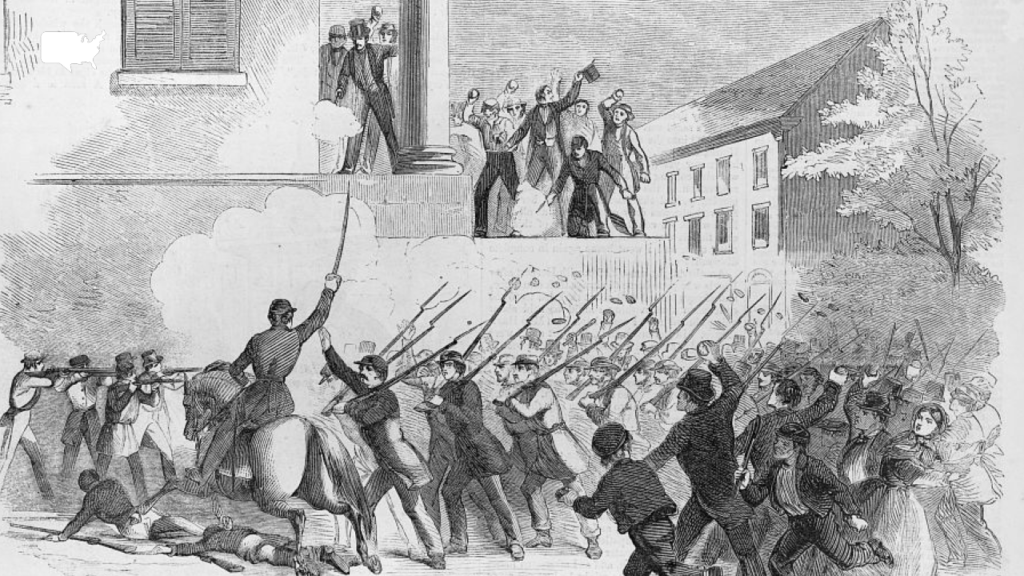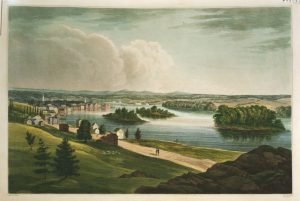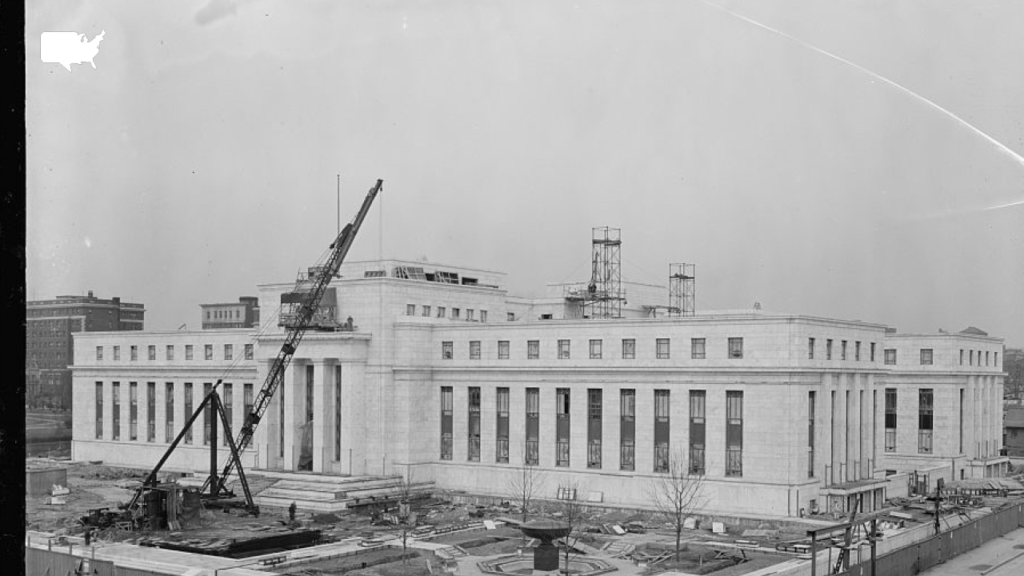When President Woodrow Wilson signed the Federal Reserve Act on December 23, 1913, he described the resulting institution as the “Supreme Court of Finance.” In the Federal Reserve System, Wilson believed, the United States finally possessed a central institution whose decisions regulated financial matters for the entire country, as did the Supreme Court in the […]
LATEST ARTICLES
The Process of Writing a Political Theory Book (100th Episode Special)

In this 100th episode special, scholars join the Political Theory Review Podcast to discuss what goes into a political theory book—the creative process, drafting the book, publishing and more. Appearing on the episode are: Michael Zuckert (Notre Dame) Paulina Ochoa Espejo (Haverford) Elizabeth Markovits (Mount Holyoke) Catherine Zuckert (Notre Dame) Ian Shapiro (Yale) Nancy Rosenblum […]
Madison and the Fight for the Constitution
 Discover the story of James Madison, the Founding Father who gave us the Constitution and the Bill of Rights. In this new FedSoc Films documentary, learn how he helped write a new nation into existence and unified the people behind ideals that would change the course of history. Featuring Colleen A. Sheehan (Arizona State University) [...]
Discover the story of James Madison, the Founding Father who gave us the Constitution and the Bill of Rights. In this new FedSoc Films documentary, learn how he helped write a new nation into existence and unified the people behind ideals that would change the course of history. Featuring Colleen A. Sheehan (Arizona State University) [...]“Anarchy” and the “Mob” in the Early Republic

On January 7, 2021, the New York Times published the following headlines on the print edition’s front page: “After Pro-Trump Mob Storms Capitol, Congress Confirms Biden’s Win” and “A Mob and the Breach of Democracy: The Violent End of the Trump Era.” In the digital edition, these headlines were supplemented by a video titled “Pro-Trump […]
Human Dignity and Political Criticism: Author Interview with Colin Bird
- « Go to Previous Page
- Page 1
- Interim pages omitted …
- Page 7
- Page 8
- Page 9
- Page 10
- Page 11
- Interim pages omitted …
- Page 54
- Go to Next Page »




